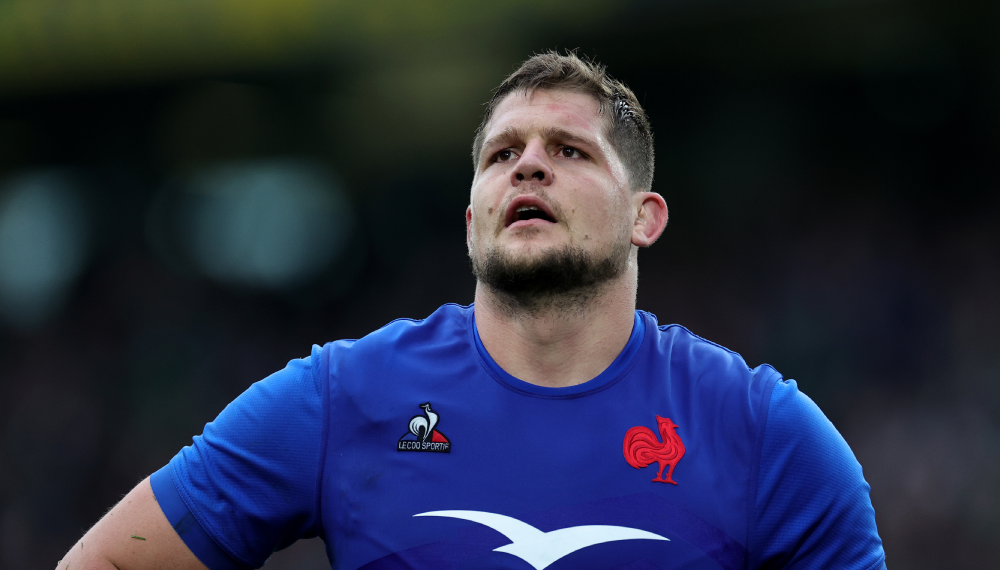Strewthcobber
Phil Kearns (64)
There isn't enough research to say yet.And is the evidence there that amateurs are at risk too? Or does it only affect pros?
Edit...and to add the risk for pros isn't yet well understood either.
What does seem to be true....if your head decelerates often enough and quickly enough then you are at risk of acquiring CTE, which can only be fully diagnosed after death.
We don't know how often, or how quickly, but it seems like a lot of times, over many years.
Amateurs and even U13 juniors record HAEs when they wear the mouth guards, but obviously, generally it's a lower level than pros.
American footballers, where a lot of the research has been done so far, who never played pro have been diagnosed post-mortem
Last edited:

